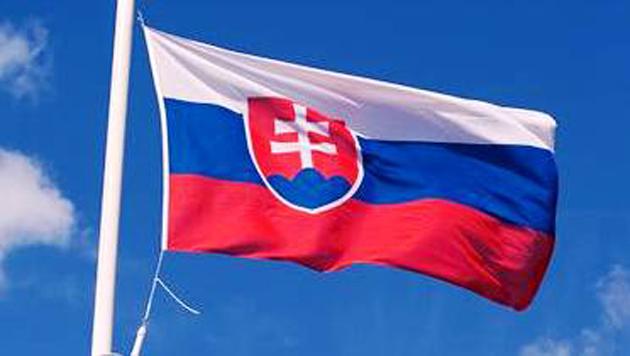Slovak Gov't says high number of Roma in "special schools" is due to incest

According to the Slovak Government the disproportionate number of Romani people in "special schools" is due to the fact that incest occurs much more frequently in their families and leads to developmental disorders in their children. The Government made the statement in response to April’s launch of infringement proceedings by the European Commission for violating EU anti-discrimination legislation.
NGOs have protested the Government’s argument. "One of the reasons for the more frequent occurrence of genetically conditioned diseases is the fact that Slovak Roma have the highest coefficient of inbreeding in Europe," the Government has written to the European Commission, according to news server SME.sk.
International organizations: The Government’s arguments are racist and stereotypical
The international NGOs Amnesty International Slovakia, European Roma Rights Centre (ERRC) and the Open Society Foundation have called on the Slovak Government to abandon such argumentation. "We consider the arguments of the Government portraying the Roma as a group with a characteristically ‘sociopathological’ lifestyle to be discriminatory and racist," the organizations said in a statement.
"Such a stance should have no place in official communications, especially when the country at issue may have to answer for its discrimination against Romani people before the European Court of Justice. The use of an argument about incest to justify the segregated education of Romani children in Slovakia sends the message that the Government does not take these charges from the European Commission seriously," the organizations say.
The groups called on the Slovak Government to ensure that their laws, policies and practices are in accordance with EU anti-discrimination legislation. They reminded the Government that in 2013 the Slovak Public Defender of Rights pointed out that Romani people comprise more than 88 % of the pupils in special education classes and schools for children with mental disabilities that she researched.
Allegations of a higher degree of incest in Romani communities, are, according to these groups, an historical stereotype, and they consider the use of such arguments to excuse segregation in education to be a typically racist argument and a signal of their failure to even look for real solutions to key questions of discrimination in their own country. "Effectively, this supports more racism against a group that is already so vulnerable," the NGO statement concludes.
Slovak Government insists it is correct, even after criticism
The Slovak Government, however, is insisting its position is correct in response to the international criticism. Slovak Interior Minister Robert Kaliňák said it would be hypocritical not to discuss incest in the Romani community just because it is allegedly "politically incorrect" to do so.
"It has been clearly indicated that the potential for genetic changes is much higher [for Roma] and we just can’t hide that truth in the name of political correctness. That would lead us into a hypocritical scheme through which we will never solve this problem. If you don’t call it by its right name, you will never manage to deal with it," the Interior Minister told news server Romovia.sme.sk on 11 June after that week’s cabinet meeting.
Kaliňák claims that incest occurs among Romani people more frequently than in other communities and alleges that people close their eyes to this fact. "If we don’t talk about this, it will continue to flourish," he said, "and then we might as well remove the specific paragraph from the criminal code about sexual intercourse between relatives, because even that might be considered xenophobic."
Slovak Education Ministry gives a different answer
On 15 June, however, Slovakia promised to implement measures to restrict the improper assignment of Romani children into the "special schools". The Slovak Education Minister communicated the pledge to the Czech News Agency.
While the current laws in Slovakia are supposed to guarantee equality in relation to the right to education, the Slovak Education Minister’s statement made it clear that there is a problem with applying them in practice. The ministry is promising to correct that.
"To the extent justified by the violations,… the Education Ministry will design measures to prevent the occurrence of inconsistent procedures being undertaken by the relevant subjects in the diagnosis of children and pupils from socially disadvantaged environments and their improper assignment into special classes at nursery, primary and secondary schools, as well as special schools," the ministry said.
The ministry would not present details, referencing the ongoing proceedings of the European Commission against Slovakia as the reason. In the past Slovakia has faced criticism for creating separate classes in the schools for Romani pupils.
A court in Slovakia has already labeled that procedure illegal. According to a study from 2013, more than 400 000 Romani people live in the country of five million.
That number is four times the number produced by the most recent census in 2011. Most of them live in approximately 800 settlements in central and eastern Slovakia where roughly one-tenth of the dwellings have no access to potable water and are not connected to electricity.